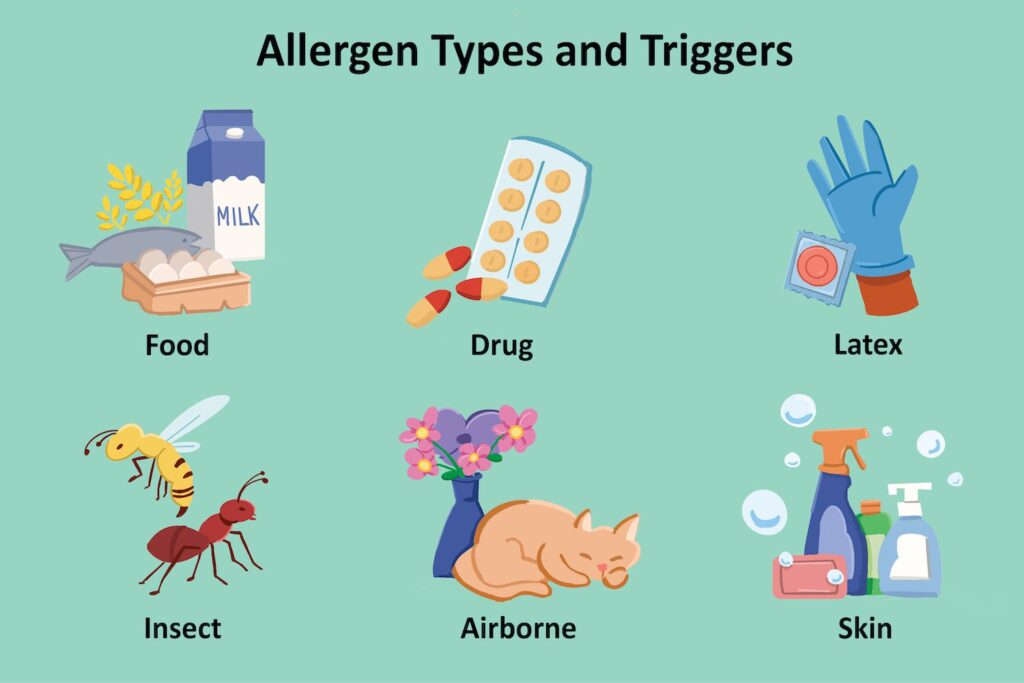Allergies, affecting millions worldwide, can significantly impact one’s quality of life. Traditional treatments often involve medications that may come with side effects. In recent years, an alternative approach gaining popularity for managing allergies is acupuncture. This ancient Chinese practice involves inserting thin needles into specific points on the body, aiming to restore balance and promote healing. In this article, we delve into the potential benefits of acupuncture for allergies.

Understanding Allergies:
Allergies occur when the immune system reacts excessively to substances like pollen, dust, or certain foods. This overreaction triggers symptoms such as sneezing, itching, congestion, and in severe cases, difficulty breathing. Conventional treatments typically involve antihistamines, decongestants, or allergy shots, but acupuncture offers a holistic and drug-free alternative.
How Acupuncture Works:
Acupuncture is rooted in the concept of energy flow, or “qi,” within the body. According to traditional Chinese medicine, disruptions in the flow of qi can lead to various health issues, including allergies. Acupuncture seeks to restore balance by stimulating specific points along meridians, or energy pathways, using fine needles. This stimulation is believed to regulate the body’s immune response and alleviate allergy symptoms.
Research on Acupuncture and Allergies:
While more research is needed, some studies suggest that acupuncture may be effective in reducing allergy symptoms. A 2013 study published in the journal “Allergy” found that acupuncture can modulate the immune response, leading to improvements in patients with allergic rhinitis. Another study in the “American Journal of Rhinology & Allergy” indicated that acupuncture may provide relief for hay fever symptoms.
Personalized Treatment Plans:
One of the strengths of acupuncture is its individualized approach. Practitioners assess each patient’s unique constitution and tailor treatment plans accordingly. This personalized approach may contribute to the varying degrees of success reported by individuals seeking relief from allergies through acupuncture.
Complementary Therapy:
It’s important to note that acupuncture is often used as a complementary therapy rather than a standalone treatment for allergies. Many individuals incorporate acupuncture into their overall wellness routine alongside other conventional or alternative approaches. Consultation with a healthcare professional is advisable to determine the most suitable and effective combination of treatments for individual cases.
Conclusion:
Acupuncture’s potential benefits for allergies have sparked interest among those seeking alternative, non-pharmacological options. While more scientific research is necessary to fully understand its mechanisms and effectiveness, many individuals report relief from allergy symptoms through regular acupuncture sessions. As with any medical intervention, it’s crucial to consult with a qualified healthcare professional to ensure a comprehensive and safe approach to managing allergies.

























